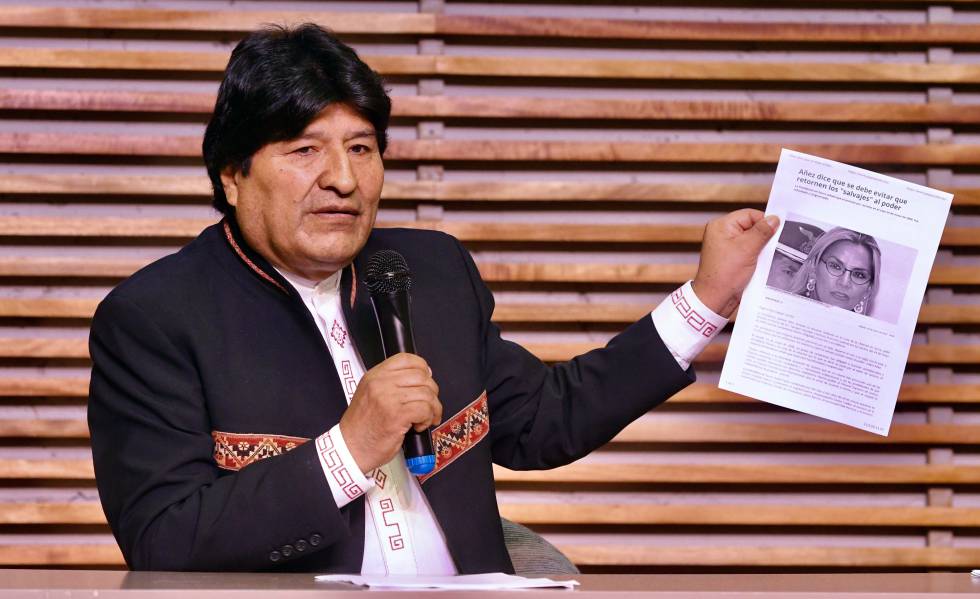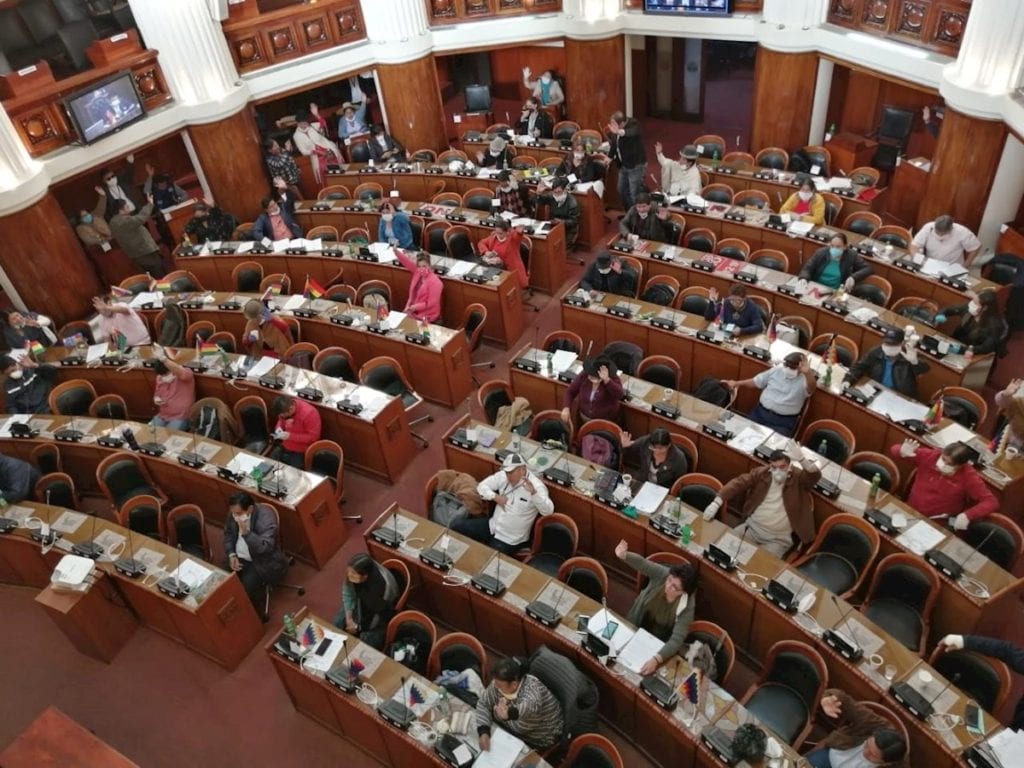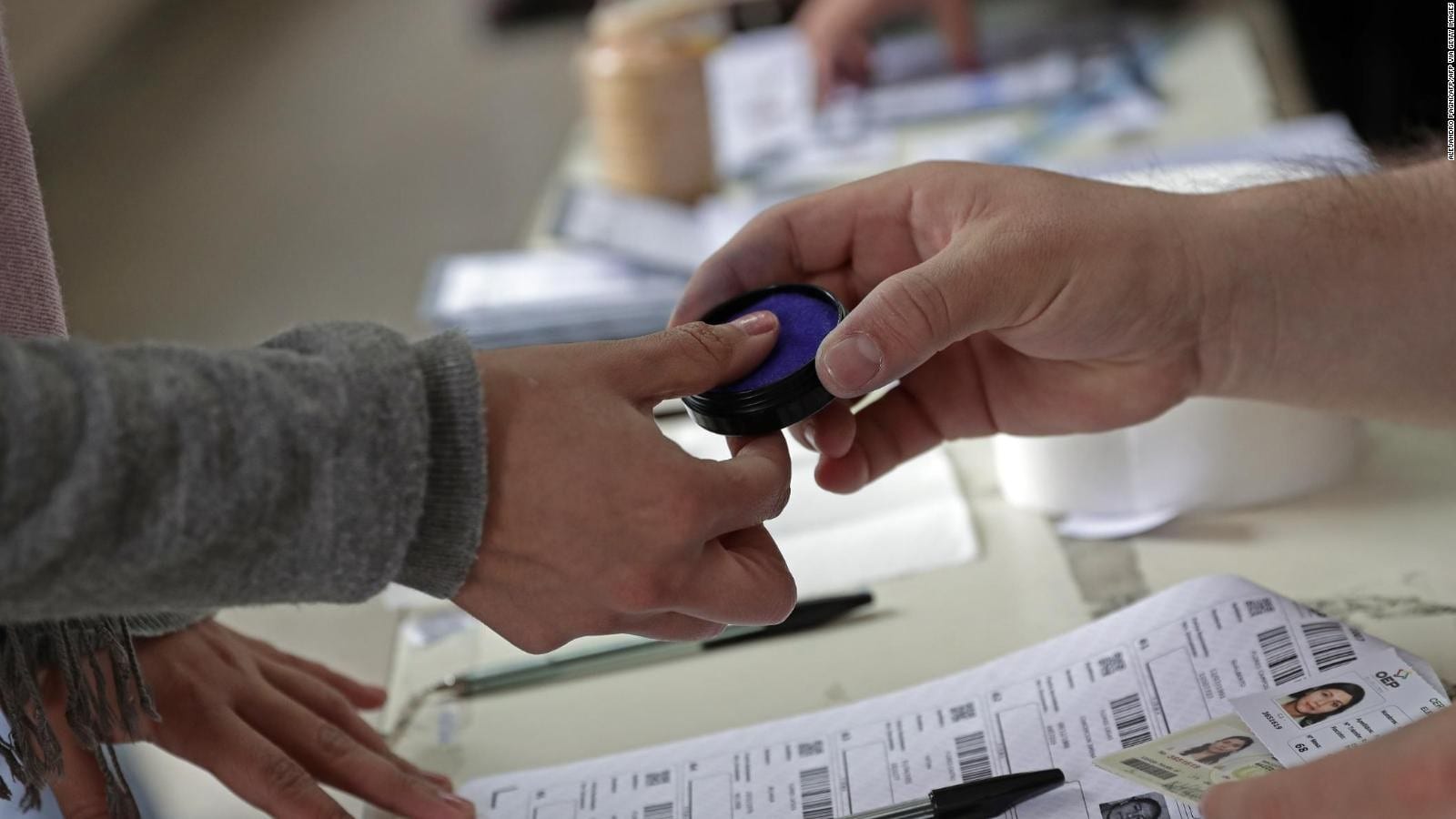In the 21st century, we are witnessing the second case when the World Health Organization (WHO) announces a pandemic. In 2009-2010 the first concerned the so-called “swine flu” and affected a number of countries. However, for the first time, the very fact of a pandemic leads to a significant change in the practices of electoral procedures in different countries, namely, the massive postponement of elections and referendums to a later and often indefinite period. Bolivia also found itself in such a situation, where the General Elections were to be held on May 3. How will the electoral process develop in this Latin American country?
The rapid spread of the COVID-19 virus has made significant adjustments to the existing way of life of the world’s population. The governments of various countries in Asia, Europe, and the Americas have taken unprecedented measures to slow down and stop the outbreak of the dangerous coronavirus. In 18 states (Australia, Armenia, Bolivia, Great Britain, Iran, Italy, Canada, Cyprus, Kyrgyzstan, the Republic of Northern Macedonia, Serbia, Syria, USA, France, Chile, Switzerland, Sri Lanka, South Africa) in the context of the declared coronavirus pandemic, the dates of elections and referendums as a whole, or of the second rounds of voting have been postponed, or a number of restrictions have been introduced that actually do not allow conducting the corresponding electoral processes in the previously established calendar dates. Among them is Bolivia.
Of course, the significance of such postponements, as well as the most diverse events associated with the pandemic, on the course and results of electoral campaigns and processes, when they take place, is already of great interest. In addition, it is obvious that the most decisive influence on public sentiment will be exerted by the overall effectiveness (by which is meant efficiency and timeliness) of measures taken by state governments to restore the situation in the economic, social and cultural spheres.

After the opposition announced a number of violations that occurred during the General elections in the Plurinational State of Bolivia on October 20, 2019, the ex-President Evo Morales (Spanish – Juan Evo Morales Ayma) resigned from his post under military pressure, and on November 12 left the country. At that moment, the entire top leadership resigned, the chair of the head of state, in accordance with the Political Constitution of Bolivia in 2009, the opposition vice-speaker of the upper house of the Legislative Assembly (Senate) Jeanine Áñez (Spanish – Jeanine Áñez Chávez). In January, the Bolivian Supreme Electoral Court set a new General elections date for May 3. According to the established rules, Morales is forbidden to take part in the electoral process as a candidate. At the moment, the former Bolivian leader is in Argentina, from where he leads the presidential campaign of the “Movement to Socialism” party (Spanish – Movimiento al Socialismo). Details on the presidential candidates and their programs could be found in previous analytical articles of the “LACRUS” network edition. This time, it’s worth focusing on the electoral process in Bolivia, which was adjusted as a result of the outbreak of coronavirus in Latin America.
On March 22, 2020, the transitional government of Bolivia made decisions on the introduction of strict quarantine measures throughout the country, as well as on the suspension of preparations for the General elections scheduled for May 3 (Sunday) 2020 in connection with the coronavirus. At the same time, the deadline for resuming preparations for the said electoral process until last week was not determined by the Bolivian Supreme Electoral Court, so the elections were postponed indefinitely. Nevertheless, on May 1, the parliament, in which representatives of the “Movement to Socialism” party still hold the majority of seats, finally approved the law prescribing the holding of General elections no later than August 2.

Initially, the Upper House of the Bolivian Plurinational Legislative Assembly passed a law on the night of May 1, which sets a 90-day deadline for the electoral process, after which it was sent to interim president Jeanine Áñez for signing. However, Áñez, who is also a candidate for the upcoming elections, did not sign the law, saying that holding elections in August could pose a threat to public health due to the outbreak of the COVID-19 virus. Nevertheless, after a meeting at an extraordinary session, the Parliament rejected the remarks of the acting head of state, and the law came into force after signing by the chairman of the Legislative Assembly Eva Copa (Spanish – Mónica Eva Copa Murga), which is also a member of the “Movement to Socialism”.
Since May 1, the transitional government has already launched a large-scale campaign in support of the arguments of Jeanine Áñez and the postponement of the elections indefinitely in connection with the extension of quarantine measures in Bolivia, accusing the “Movement to Socialism” party of ignoring the emergency situation caused by the spread of coronavirus in the region. Nevertheless, supporters of the Evo Morales party, in turn, are confident that the transitional government will deliberately delay the upcoming electoral process in order to gain time and increase Agnes’s rating.
In the current difficult situation, the degree of political struggle is increasing every day, despite the prohibition of any campaigning. Today, all the political forces of the country seem to be trying to capitalize on the pandemic raging in the region. Whether the “left” forces will be able to take the long-awaited revenge and bring their candidate to the Presidential Palace again, this time would show how the transitional government will be able to cope with the dangerous virus and subsequent economic consequences.


